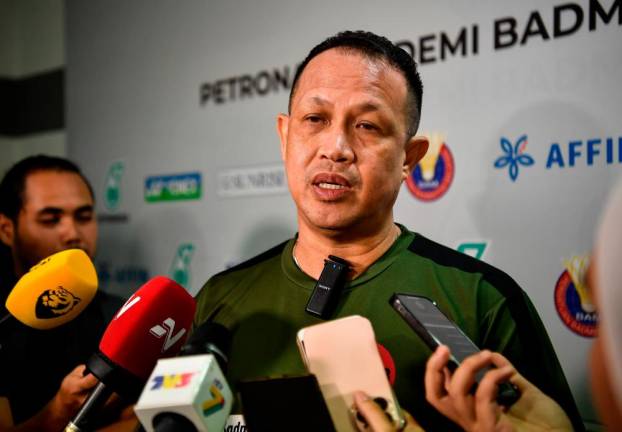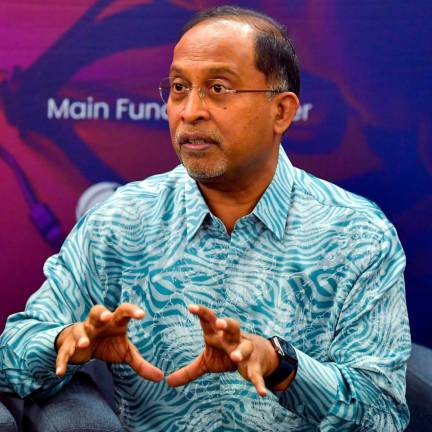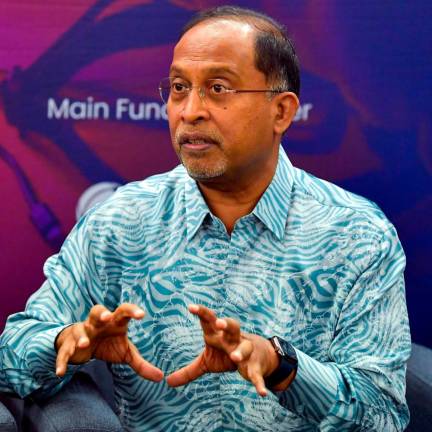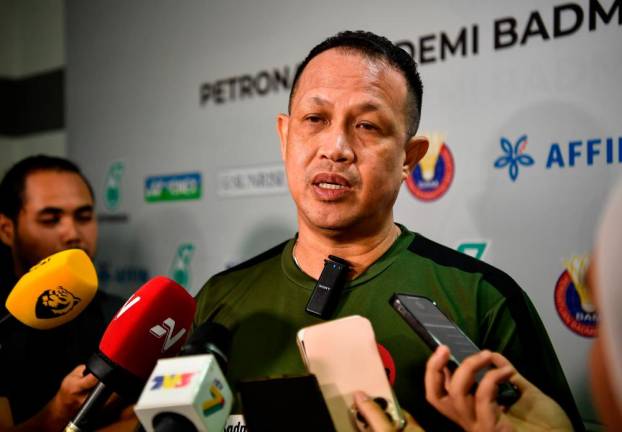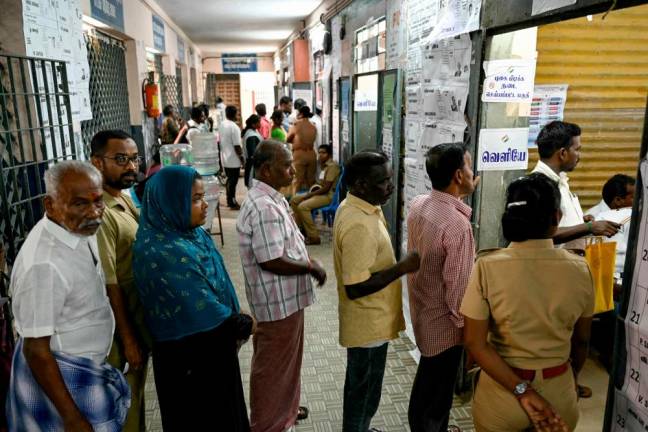OVER the past several weeks, I watched Sabah transform into a field of party flags as hundreds of candidates fought for 73 seats in the state assembly.
In Kota Kinabalu, the air was thick with suspense and social media rife with supporters from all sides campaigning in their own ways and encouraging Sabahans to return and vote.
After a tight race, Sabah is now being governed by a new ruling coalition.
Some saw it coming, others didn’t.
Against the political drama that unfolded, an intriguing question was posed to me: as a responsible citizen, is getting involved in politics optional or obligatory?
The questioner did not mean becoming a politician per se, but getting involved in the political process beyond the bare minimum of turning up to vote.
I’d always known there were many other ways to play my part aside from taking up a politician’s mantle, but had not really considered whether it was expected of me as a citizen. I saw it as a career choice or pastime, never as a duty or responsibility.
So, it was a question deserving of my time and thought.
But after a few days, I realised that the heart of the matter was much more intricate and complex.
A simple, straightforward answer would not suffice. Becoming a people’s representative may be a sacred calling, and not a position just anyone covets.
In its purest form, it requires a heart of gold, nerves of steel and a clear vision.
In Malaysia’s colourful history of politics, it has become abundantly clear that not all of us are cut out to be great politicians.
In this regard, I would say it is optional.
However, I believe that in every other way, politics is obligatory.
Getting involved in the political process is a reflection of our investment into the progress and development of our society, and by extension our quality of life.
As Malaysians, we often have much to complain about. Politics is one way to turn our complaints into assertive action.
If we have something to say about increasing traffic woes, the competence of our leaders or where our education system is heading, ranting on social media won’t get much done. Sure, it may gain us the traction that pushes for a one-off solution, but not much is going to change in the long term.
Systemic challenges require systemic solutions.
Just as it is our civic duty to keep our roads safe by driving responsibly, it is our responsibility to keep the fabric of our society intact by ensuring we have the political infrastructure to support it.
Stepping into politics can seem daunting, but for those of us privileged to know its value, it is a challenge worth taking.
We cannot cry for change if we’re not willing to work for it.
If we remain clueless about the goings-on along the political front, we aren’t being responsible citizens.
If we call for transparency but aren’t willing to have our tax documents studied, we’re hypocrites.
And if we are indifferent about which party rules as long as our comfortable lives are not compromised, we’re being selfish and short-sighted.
To make our votes really count, we must know who and what we are voting for.
There are many ways to start.
Whether it’s by growing in and then creating awareness about pertinent issues faced by our society, holding our politicians to account or taking a more active role in the process by being a polling or counting agent, the realm of politics has space for all of us.
If we really understood politics and what it means, I think we’d all realise that to call ourselves responsible citizens means getting involved is an obligation and not an option.
Comments: letters@thesundaily.com








